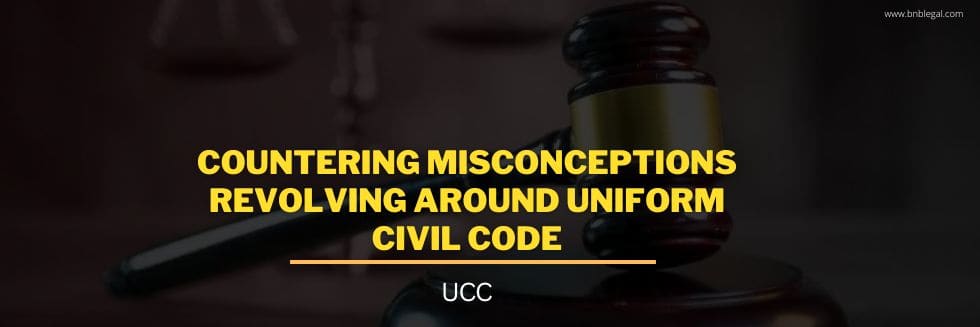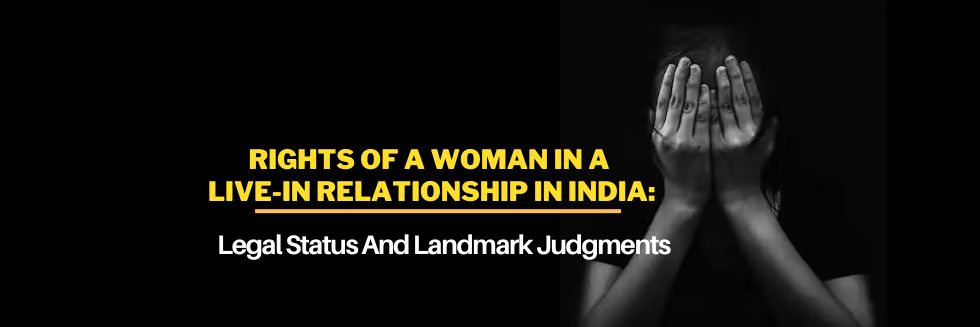Meaning:Plaint is the written statement filed by the plaintiff explaining his cause of action, claim and all the necessary particulars regarding such cause of action.
Essentials of a plaint: given in Order 7 Rule 1.
- Name of the Court and stating why this court has the jurisdiction.
- Nature of complaint and where such cause of action arose.
- Name of the parties as well as their addresses.
- Where any of the party is minor, it has to be especially mentioned.
- The claims of the plaintiff are to be clearly mentioned.
- Value of subject matter of the suit has to be mentioned so that decision can be taken regarding the jurisdiction of the court.
- It should be verified by the plaintiff admitting that its contents are true.
- If the suit is a money suit then the amount of money claim has to be mentioned and if it is difficult to determine the exact amount , then the expected amount has to be mentioned.
Importance of a plaint:
Filing a plaint briefs and specifies the claims and cause of action with specific sections, so it becomes easy for the court to decide the case and it thus saves the time and money of the parties as well the court.
Amendment of a plaint: Order 6 Rule 17
An amendment in a plaint is allowed before the final suit. If the change is a prospective one then it does not effect the cause of action as such but when it is retrospective, amendments are required especially to be mentioned. But an entirely new case cannot be made by doing such amendments.
Conditions for Rejection of plaint: as in rule 11 order 7of CPC.
- When the plaint does not contain a valid cause of action, it may be refused by the court after reading that even if it is admitted, it would not enable the plaintiff in getting any claim fulfilled. So, in such a condition , the plaint can be rejected even without summoning the defendant. But such rejection has to be of whole of the plaint not a part of it and the same was held in the case of Rooplal v. Gill
- When the claim is undervalued and it is not revised within the time limit then also the plaint can be rejected.
- When the plaint paper is not properly stamped within the time limit given by the court.
- Court fees has to be given in time and if the plaintiff is not capable of giving the court fees then he is to be considered as indigent according to order 33.
- Where the plaint is such which is already declared not valid by the law for example when the plaint is filed against any govt. official without following the required procedure to do so, then it may be rejected.
Procedure for rejection of plaint: as given in Rule 11
A plaint has to be rejected by the order of the Court by giving the reasons for such rejection.
Effect of such rejection: Rule 12
A plaint which has been rejected can be filed freshly again also.







